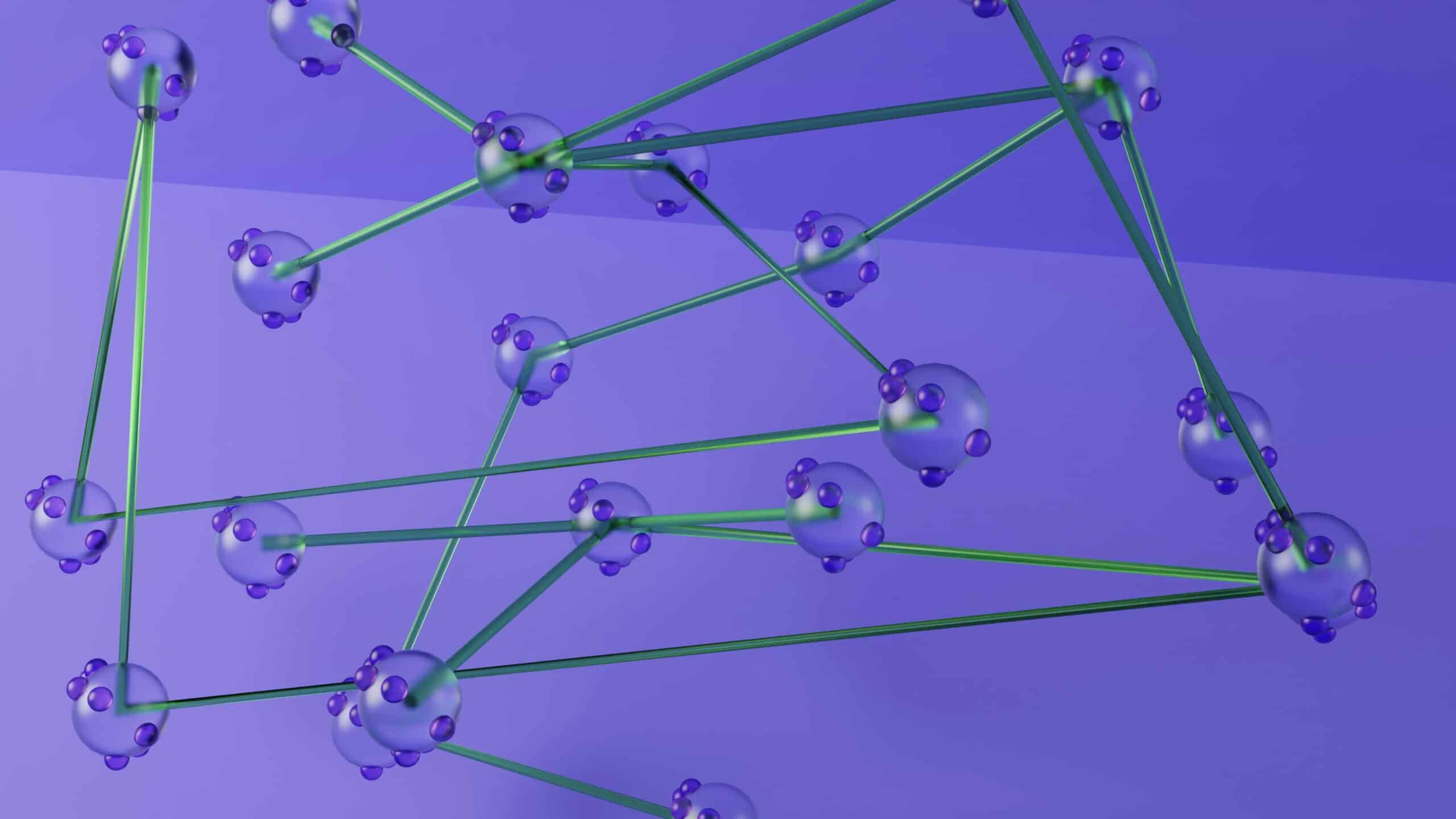A prevalent concern among internet users, especially in contemporary contexts such as the United States, surrounds the handling and control of personal data by social media platforms and other online services. Research shows that approximately 70% of individuals feel a notable lack of control over their personal data on these Web 2.0 platforms. This unease is not unfounded, considering the rising incidences of digital identity theft, which resulted in almost $52 billion in losses within the United States alone. The transition towards Web 3.0 offers a tangible solution to these pressing issues.
Enhanced User Data Control and Privacy
Web 3.0 is built on decentralized technologies like blockchain, fundamentally altering how user data is managed compared to the traditional internet architecture. This decentralization ensures that users gain unprecedented control over their own data, a stark contrast to the centralized data management models of Web 2.0. Furthermore, decentralized applications (DApps) that operate on the Web 3.0 framework promise enhanced privacy, freedom from censorship, and more flexible development frameworks. These characteristics directly address privacy and control concerns by providing robust mechanisms for protecting personal information and granting users the autonomy to manage their online presence.
Given this change, privacy-oriented tools such as a private crypto search engine emerge as vital components, seamlessly integrating with Web 3.0’s decentralized ethos. They offer users the ability to search the internet with the assurance that their data and privacy are safeguarded from the prying eyes of corporations and malicious entities. This shift greatly reduces the likelihood of personal data misuse and identity theft, offering a level of security that is much needed today.
Market Growth and Economic Opportunities
The economic potential of Web 3.0 is vast, with the market valued at $3.2 billion in 2021. The anticipated growth of this sector is substantial, with projections estimating the global Web 3.0 market will escalate to $81.5 billion by 2030. This represents an annual growth rate of 43.7%, highlighting the dynamic economy that Web 3.0 is set to foster. Such growth is not only indicative of the technological advancements inherent in Web 3.0 but also of the wide-ranging economic opportunities it presents.
This rapid expansion is mirrored in the digital assets domain, where the total market capitalization of all Web 3.0 coins is predicted to reach $23.4 billion by 2022. This financial upsurge is reflective of the increasing adoption of Web 3.0 technologies and the confidence investors place in its decentralized framework. Moreover, the proliferating interest in non-fungible tokens (NFTs), with 23% of American millennials engaging in NFT collection, underscores the various revenue streams and investment opportunities within the Web 3.0 ecosystem.
The gaming sector provides a compelling case study of Web 3.0’s market impact. Over 73 million gamers engage with Web3-based platforms such as Fortnite and Roblox, exemplifying how Web 3.0 technologies are redefining user engagement and revenue models in the gaming industry. This shift is not limited to gaming; other sectors are also poised to benefit from Web 3.0’s economic impetus. Major technology firms are channeling investments into Web 3.0 development, signaling strong belief in its potential to drive future technological and economic landscapes.
Technological and Operational Efficiencies
Web 3.0 introduces a host of technological advancements designed to streamline operations, enhance efficiency, and reduce the need for manual interventions. One of the foundational elements of this new phase of the internet is the use of smart contracts. These digital contracts execute automatically based on predefined conditions, eliminating the need for intermediaries and seriously reducing the potential for human error. This automation is poised to revolutionize IT operations by streamlining processes and enhancing operational efficiency across a multitude of industries.
Content creators stand to gain immensely from the adoption of Web 3.0 technologies, especially through the application of smart contracts. These contracts enable automatic dispersion of royalties, a previously labor-intensive process fraught with delays and inaccuracies. Through Web 3.0, creators can receive compensation based on actual content consumption, fostering a more equitable ecosystem for creative work. This direct and automated compensation mechanism not only ensures that creators are fairly rewarded but also motivates the production of high-quality content.

Tyler Fields is your internet guru, delving into the latest trends, developments, and issues shaping the online world. With a focus on internet culture, cybersecurity, and emerging technologies, Tyler keeps readers informed about the dynamic landscape of the internet and its impact on our digital lives.


